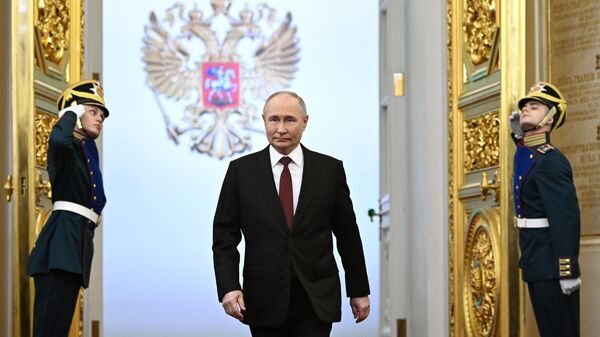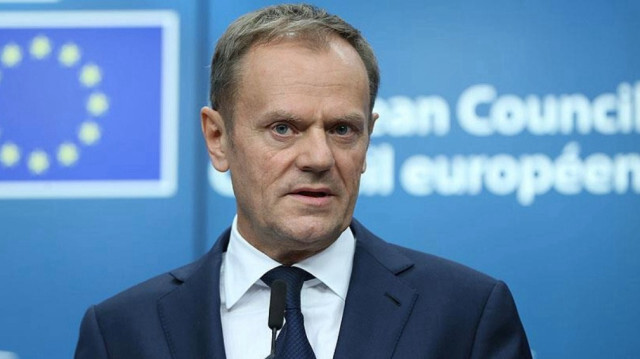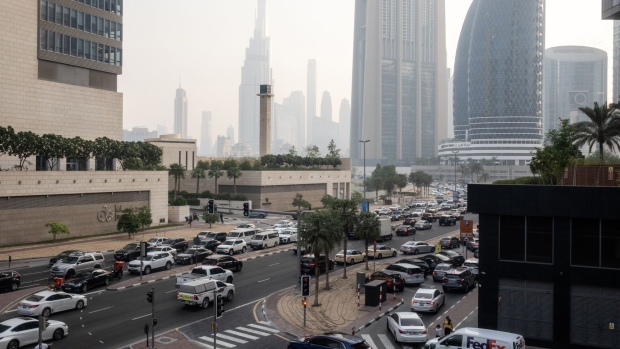Montenegro's Judiciary Probes Former President Đukanović's Alarm Over Revenge Culture and Political Vendettas
Montenegro's political scene stirs as the judiciary scrutinizes former President Milo Đukanović's interview, signaling a deep dive into the retaliatory specter haunting the nation's culture and governance.
Published April 27, 2024 - 00:04am
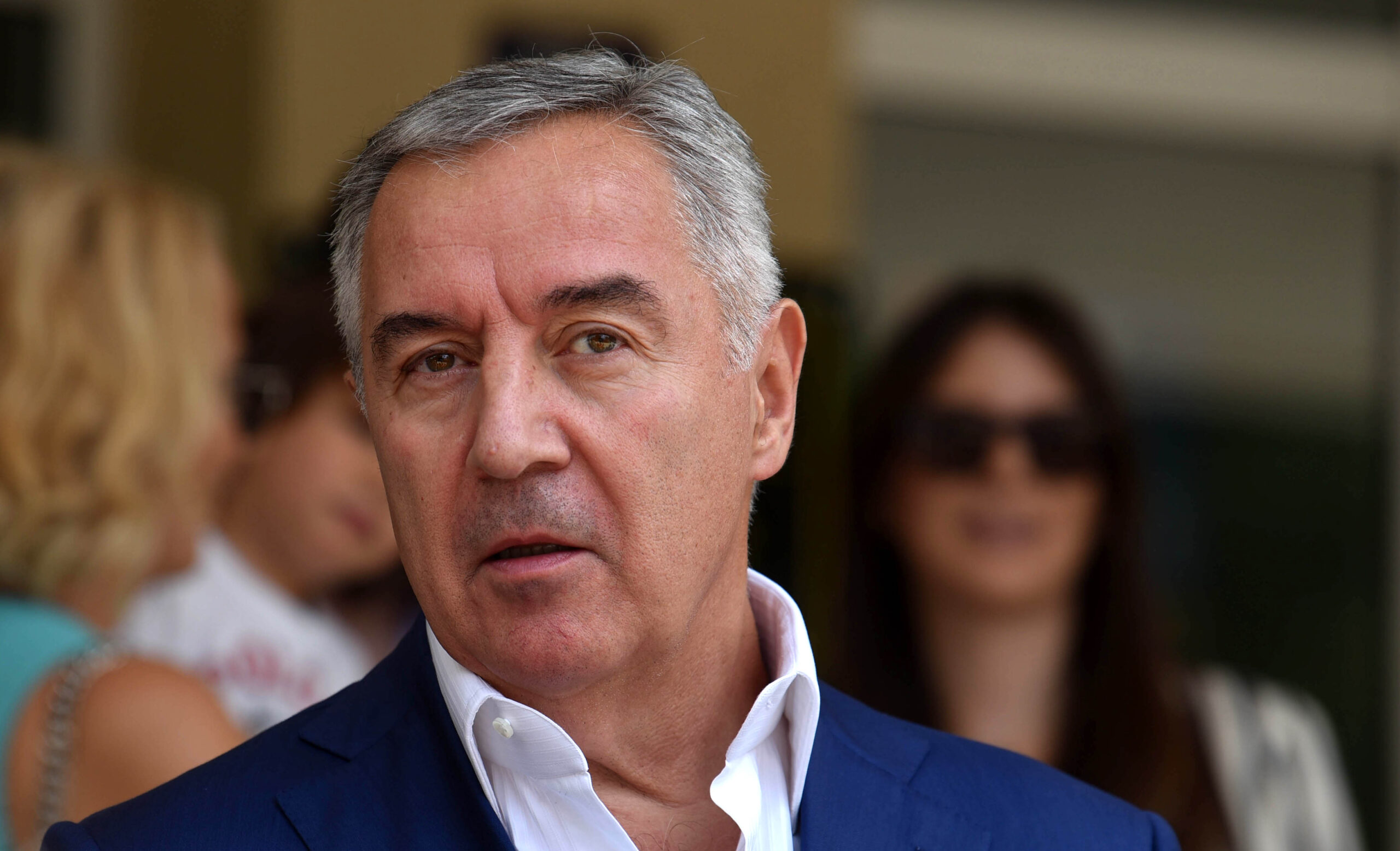
Image recovered from nova.rs
The High State Prosecution in Podgorica has opened a case following the publication of an interview given by former state president Milo Đukanović to Antena M early in the week, according to the head of the High State Prosecution in Podgorica, Lepa Medenica, as reported by 'Vijesti'. Police Administration has submitted Đukanović's interview to the prosecution for assessment to reevaluate the potential existence of elements of a criminal offense, which is prosecuted ex officio. The prosecution has instructed the Police Administration to obtain and deliver the interview in electronic form from 'Antena M'. After a detailed analysis of the interview, other measures and actions may be taken as necessary to reach a decision.
In his controversial statements during the interview with Antena M, Đukanović described Montenegro's society as 'a society of avengers', a trait not exclusive to Albanian communities commonly associated with blood revenge. He pointed out the long-standing blood feuds among certain old Montenegrin families in the heart of Montenegro, in the Katun region, that have persisted for over 200 years. Đukanović warned that such a mindset is dangerous when political retribution becomes the primary policy after coming to power, equating vengeance to political revanchism. Any person who enjoys the downfall of others today without realizing should acknowledge that they might be fettered in the same way tomorrow, he advised, metaphorically hinting at the shackles of retribution potentially awaiting current actions.
Furthermore, Đukanović's interview has sparked controversy and led to varied reactions from the public, as it touches on sensitive themes of vengeance and political retribution, which are deeply rooted in Montenegrin history and, allegedly, continue to affect the nation's modern political landscape. The prosecution's scrutiny of his interview showcases the struggle between political factions and the enduring impact of cultural practices on political discourse and actions in Montenegro.
The decision by the High State Prosecution in Podgorica to investigate the statements of former president Milo Đukanović underscores the complex interplay of politics and culture in Montenegro's contemporary society. As a country marked by a transition from a turbulent past to establishing a more democratic political system, Montenegro faces the challenge of reconciling traditional customs with the demands of modern governance. The echoes of 'blood feuds' that Đukanović highlighted are not just historical anecdotes; they represent ongoing narratives that may still influence the Montenegrin way of life and political atmosphere.
The intensity of the situation is magnified by the current political climate in Montenegro, characterized by a delicate balance among different political entities. The scrutiny of Đukanović by the prosecutors is indicative of a broader effort to ensure that the rhetoric employed by public figures adheres to legal and ethical standards. This move may also reflect an effort to safeguard the political process against the infiltration of vendetta-like behavior, in which personal grudges could overshadow policy decisions and democratic principles.
Đukanović, who has been a pivotal figure in Montenegrin politics, serving as both prime minister and president over various terms, is no stranger to controversy. His leadership has been met with both domestic and international scrutiny. His recent interview and the subsequent investigation also highlight the freedom of the press in Montenegro and the role of media outlets like Antena M in shaping public discourse. The fact that the interview was broadcasted and is now being examined by the legal system reflects an ongoing commitment to transparency and open dialogue, albeit within the confines of the law.
Moreover, the case presents an opportunity to discuss the implications of hate speech and the fine line public officials must tread when speaking on sensitive issues. Legal frameworks across Europe have grappled with the definition and limits of hate speech, trying to balance freedom of expression with the protection of social harmony and individual rights. The steps taken to investigate Đukanović's statements show Montenegro's adherence to these complex legal and moral debates, while also pressing the question of whether the past president's remarks overstep the boundaries of acceptable political discourse.
Analysis of the interview's content and potential legal ramifications also sheds light on the nature of political transitions in post-communist states like Montenegro. It brings into question how legacies of the past can be acknowledged and addressed within the democratic process without perpetuating cycles of hostility. Đukanović's allusion to a 'society of avengers' can be interpreted as a warning against the dangers of cyclical revenge—a notion that holds relevance not just in Montenegro, but in any society struggling to break free from the binds of historical grievances.
The country, which joined NATO in 2017 and is a candidate for European Union membership, must demonstrate an ability to uphold the rule of law and foster a political environment that transcends the tribalism of the past. The continuing political evolution of Montenegro is thus not only a matter of domestic interest but also of regional and international significance, as the outcomes of these legal and political processes will likely influence Montenegro's path towards further European integration.
In light of these developments, the public response to the prosecution's interest in Đukanović's interview serves as a litmus test for the people's trust in the judicial system and the mechanisms in place to deal with controversial political speech. It is a moment for the institutions of Montenegro to affirm their commitment to impartiality, due process, and the cultivation of a healthy political environment where historical conflicts do not dictate future prosperity.
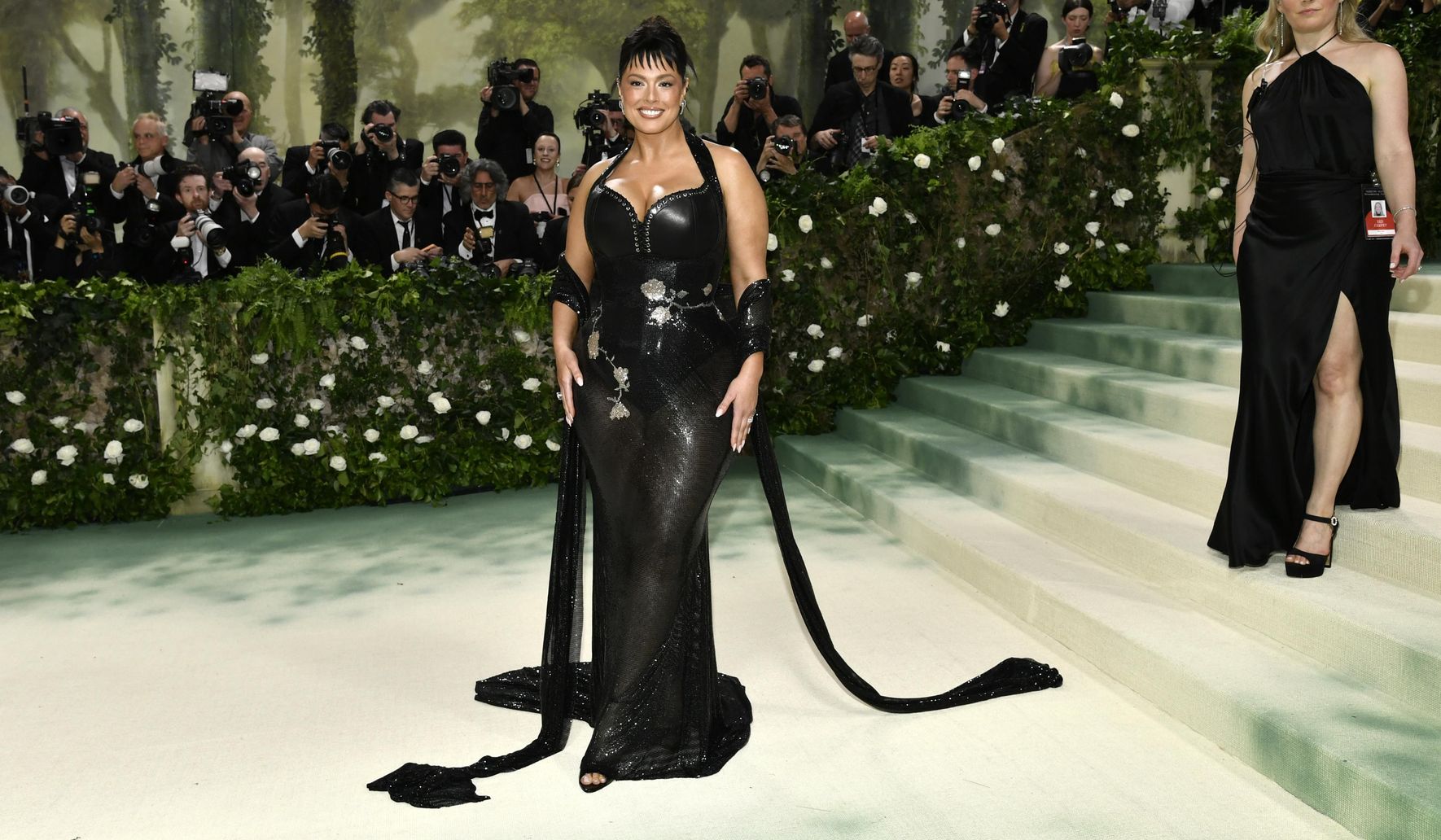
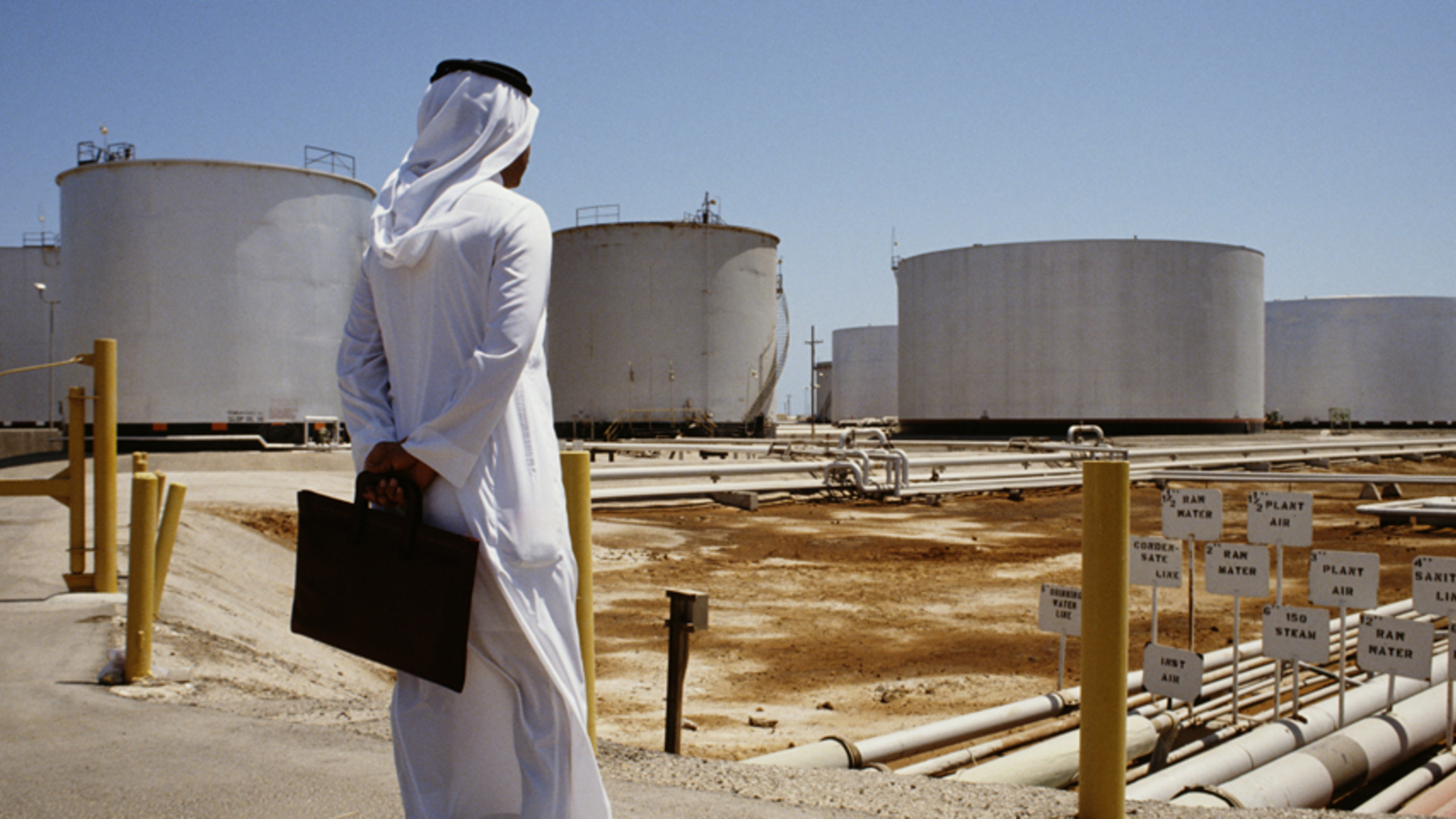
:quality(70)/cloudfront-eu-central-1.images.arcpublishing.com/irishtimes/RZY6YBKSIJABJWI3MSPZXTI4I4.jpg)
